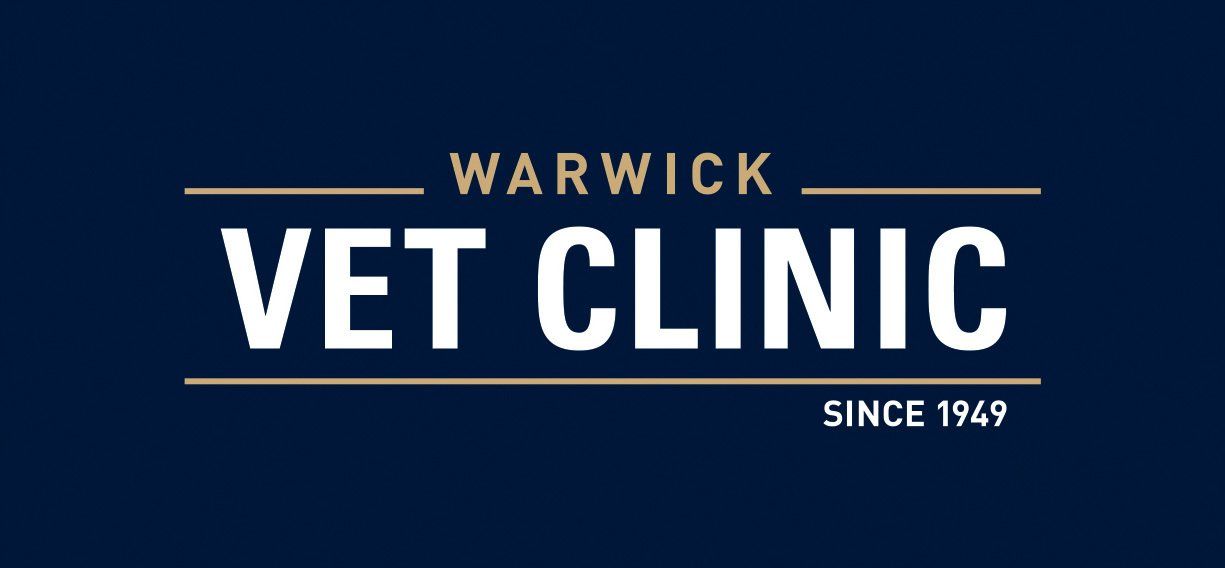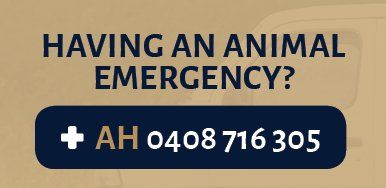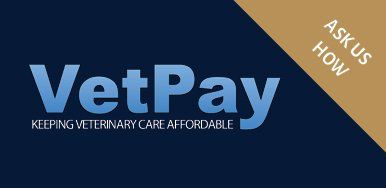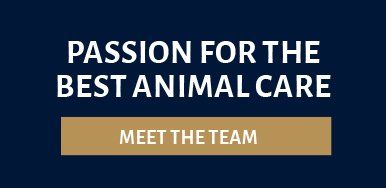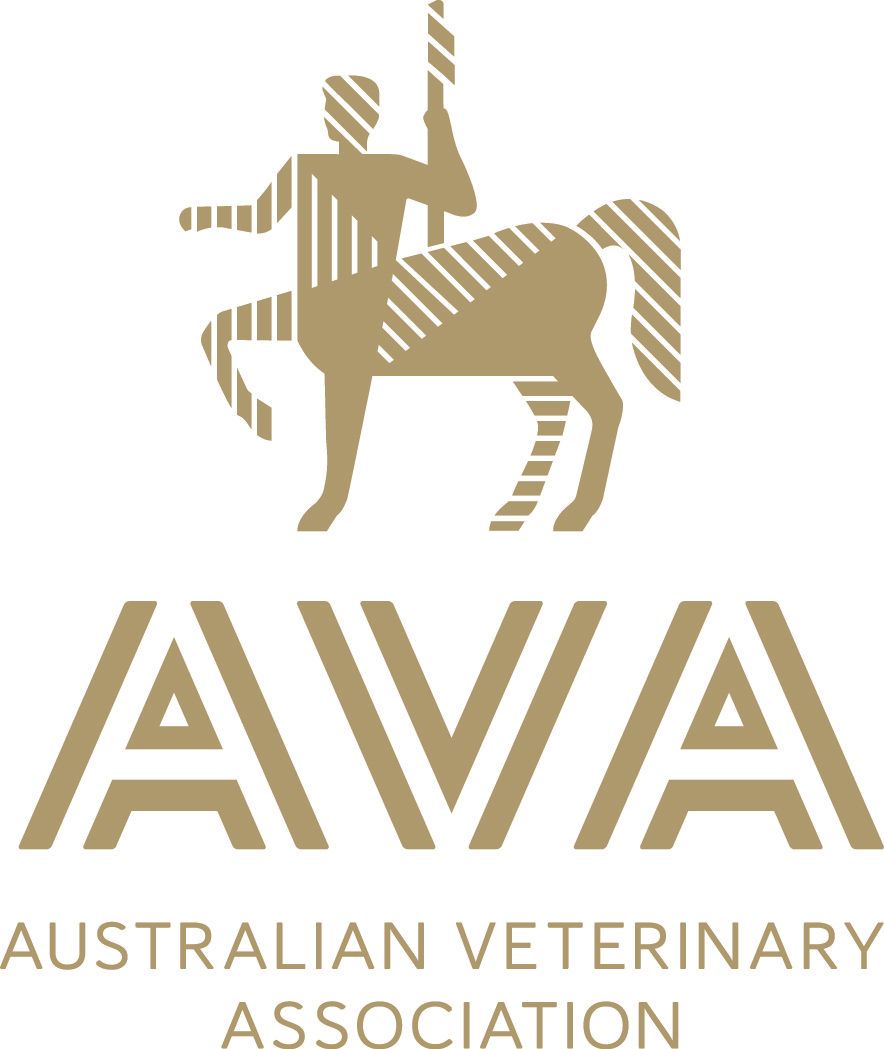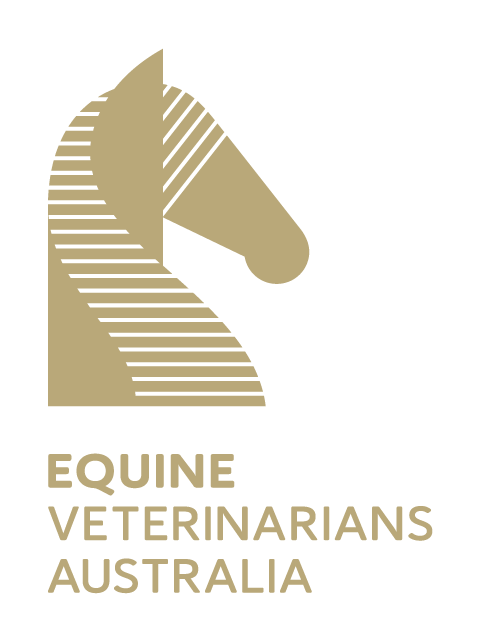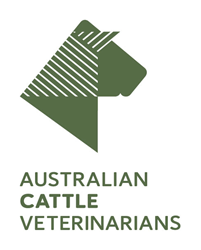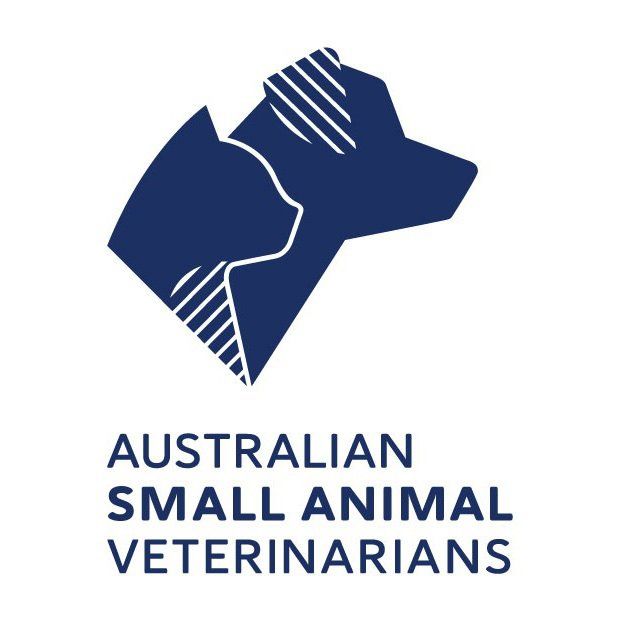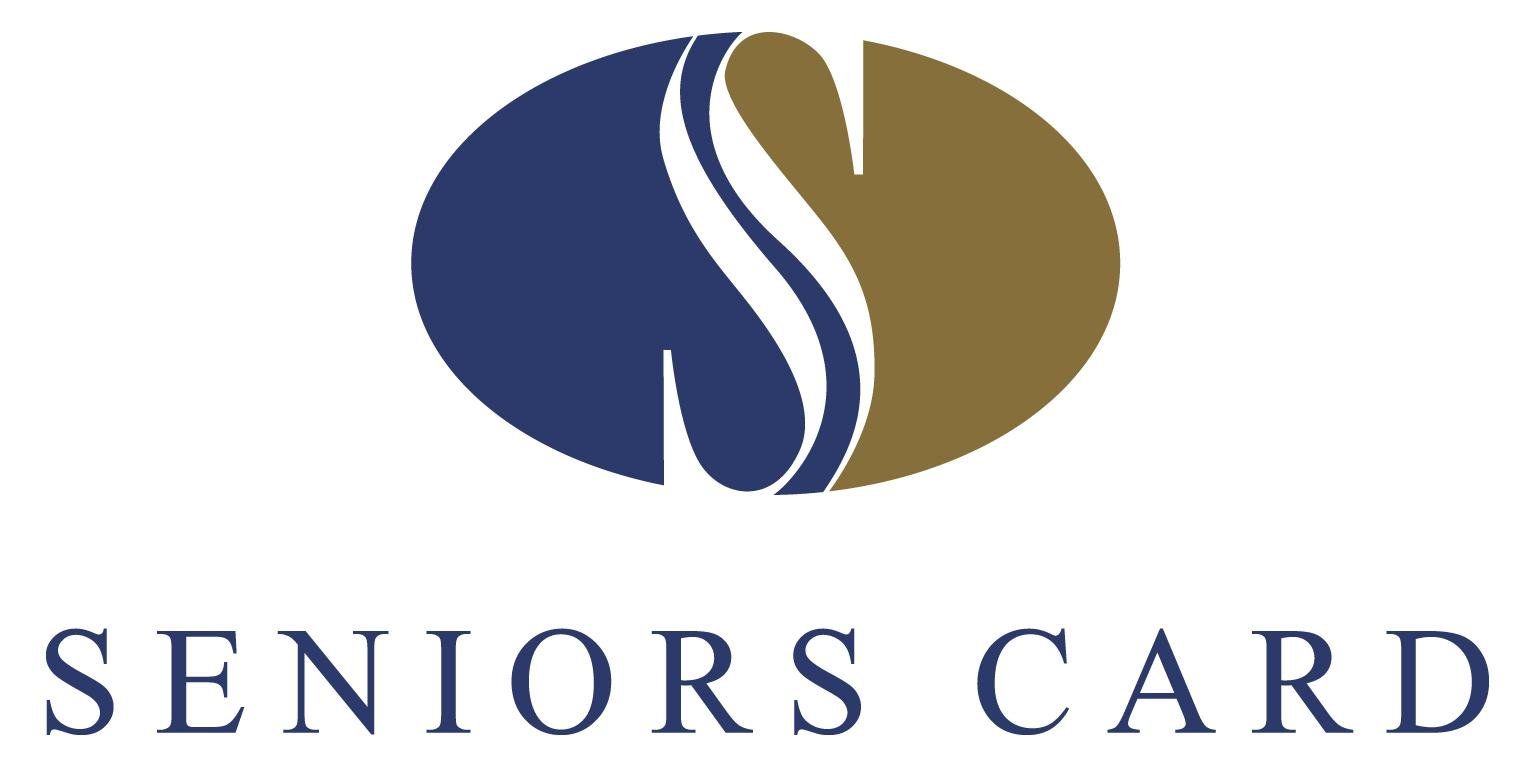GENERAL HEALTH CARE FOR YOUR HORSE
Our team of equine veterinarians have put together their top tips for helping you care for your horse.
MICROCHIPPING YOUR HORSE
Microchipping is a permanent, painless tool to help protect and identify your horse. Etched with a unique number, the chip is inserted with a syringe in the horse’s neck by us and then is registered on a national computer network. When a scanner is passed over the microchip on the horse the identification appears on the scanner and can be matched with the record on the system allowing the owner to be traced. It’s your way of protecting your horse for its lifetime.
VACCINATIONS FOR HORSES
Vaccinating your horse is one of the most essential actions you can take to protect the health of your horse. The easiest way to make sure your horse is up-to-date with their vaccinations, is to contact your vet for advice.
There are many diseases that can be prevented by simply using a vaccine - Tetanus, Strangles, Salmonella, Herpes, and Hendra Virus. Our friendly equine team will talk you through the common diseases found in the Warwick area and develop a vaccination plan that covers all your horse’s needs.
ORAL HEALTH FOR YOUR HORSE
Horses have 36-40 teeth which are constantly erupting. The top jaw is wider than the bottom jaw, and the cheek teeth in the back of the mouth are used in a circular motion to grind feed. Together this can result in sharp points on the outside of the upper teeth and the inside of the lower teeth, which cause pain to the horse and ultimately problems with performance and digesting of feed.
-
Common signs of dental disease
- Head shaking
- Rearing or bucking
- Resistance to turning in one direction
- Dropping feed
- Colic
Regular dental evaluation and treatment is crucial for all horses from top level performance horses to paddock ponies. The veterinarians at the Warwick Vet Clinic will sedate your horse to examine your horse’s mouth thoroughly using a Powerfloat (high speed dental drill) to correct your horses’ mouth.
-
Tips for checking if your horse needs its teeth floated
- With the horse’s mouth closed, lift the lips and examine its bite
- Line up the gap between the first pair of top teeth with the gap between the first pair of bottom teeth
- Holding the top jaw still, slide the lower jaw as far to the left as the horse will allow, without having the opposing teeth separate from each other
- Now slide the lower jaw as far to the right as the horse will allow, without having the opposing teeth separate from each other
- The gap between the first pair of teeth on the lower jaw, should be able to move the distance of one tooth away from its starting point
- If you cannot slide the jaw a distance of one tooth left and right (whilst the teeth are still touching each other), then your horse most probably has sharp enamel points and needs a dental with the Powerfloat.
WORMING YOUR HORSE
Unfortunately no horse is worm free. Even if you pick up your horse droppings from the field, some will still make it into your pasture and a grazing horse may ingest worm eggs and larvae as a result. The only way to manage worms is to have an effective worming regime.
The good news is that it is easy to plan a whole year’s worth of worming for your horse. Wormer's come in either paste or in a syringe. Alternatively, we can stomach tube your horse to ensure that the medicine is not dropped out of the mouth with a bolus of grass. The dose of the syringe is measured out for you, they are easy to read and are calculated on your horse’s weight. Powder forms need to be mixed into their feed.
Whatever type of wormer you choose it is vital to remember to worm for the correct time of year and always keep a written record and get a regular check-up with your vet.
Read More
Read Less
HORSE NUTRITION
Maintaining an appropriate balanced diet is important for the health of your horse. Horses require clean, high-quality feed, provided at regular intervals, and may become ill if subjected to abrupt changes in their diets.
Like all animals, horses require five main classes of nutrients to survive: water, energy (primarily in the form of fats and carbohydrates) proteins, vitamins and minerals.
-
Water
It is critically important for horses to have access to a fresh, clean, and adequate supply of water. Horses can only live a few days without water, becoming dangerously dehydrated if they lose 8 – 10% of their natural body water. Water plays an important part in digestion. The forages and grains horses eat are mixed with saliva in the mouth to make a moist bolus that can be easily swallowed.
-
Energy and Proteins
Nutritional sources of energy are fat and carbohydrates. Horses that are heavily exercised, growing, pregnant or lactating need increased energy and protein in their diet. Carbohydrates, the main energy and are usually fed in the form of hay, grass and grain. Soluble carbohydrates such as starches and sugars are readily broken down to glucose in the small intestine and absorbed. Fat exists in low levels in plants and can be added to increase the energy density of the diet.
Protein is used in all parts of the body, especially muscle, blood, hormones, hooves and hair cells. The main building blocks of protein are amino acids. Most adult horses only require 8 – 10% protein in their diet; however, higher protein is important for lactating mares and young growing foals.
-
Vitamins and Minerals
Horses should be given a diet of fresh, green, leafy forages and high-quality grains and oats to ensure they are receiving all the necessary vitamins and minerals. Horses that are subjected to hard work, receiving low-quality hay, under stress or not eating well may benefit from commercially prepared vitamin and mineral supplements in their diet.
Horses are also sensitive to moulds and toxins. For this reason, they must never be fed contaminated fermentable materials such as lawn clippings.
-
Treats
Many people like to feed horses special treats such as carrots and compressed hay pellets, sugar cubes, peppermint candies, or specially manufactured horse "cookies". Be aware that horses do not need treats, and some horses may develop behavioural issues if given too many treats.
CONTACT A CLINIC
For further advice on the health care of your animals, contact the professional team at the Warwick Vet Clinic for a consultation.
CONTACT A CLINIC
We will get back to you as soon as possible.
Please try again later.
HEALTHY ANIMALS ARE HAPPY ANIMALS
The latest animal care information from our experienced veterinarians.
OUR CLINICS
WARWICK VETERINARY CLINIC
Opening Hours
Mon - Fri: 7:30am to 6:00pm
Sat: 8:30am to 12:00pm
Warwick West Vet Clinic
Opening Hours
Tuesday and Wednesday:
8:30am to 5:00pm
ALLORA VETERINARY CLINIC
Opening Hours
Monday - Friday:
8:30am to 5:00pm
CLIFTON VETERINARY CLINIC
Opening Hours
Tuesday, Wednesday and Friday:
9:00am to 4:00pm
Warwick Vet Clinic. Website by dms CREATiVE
